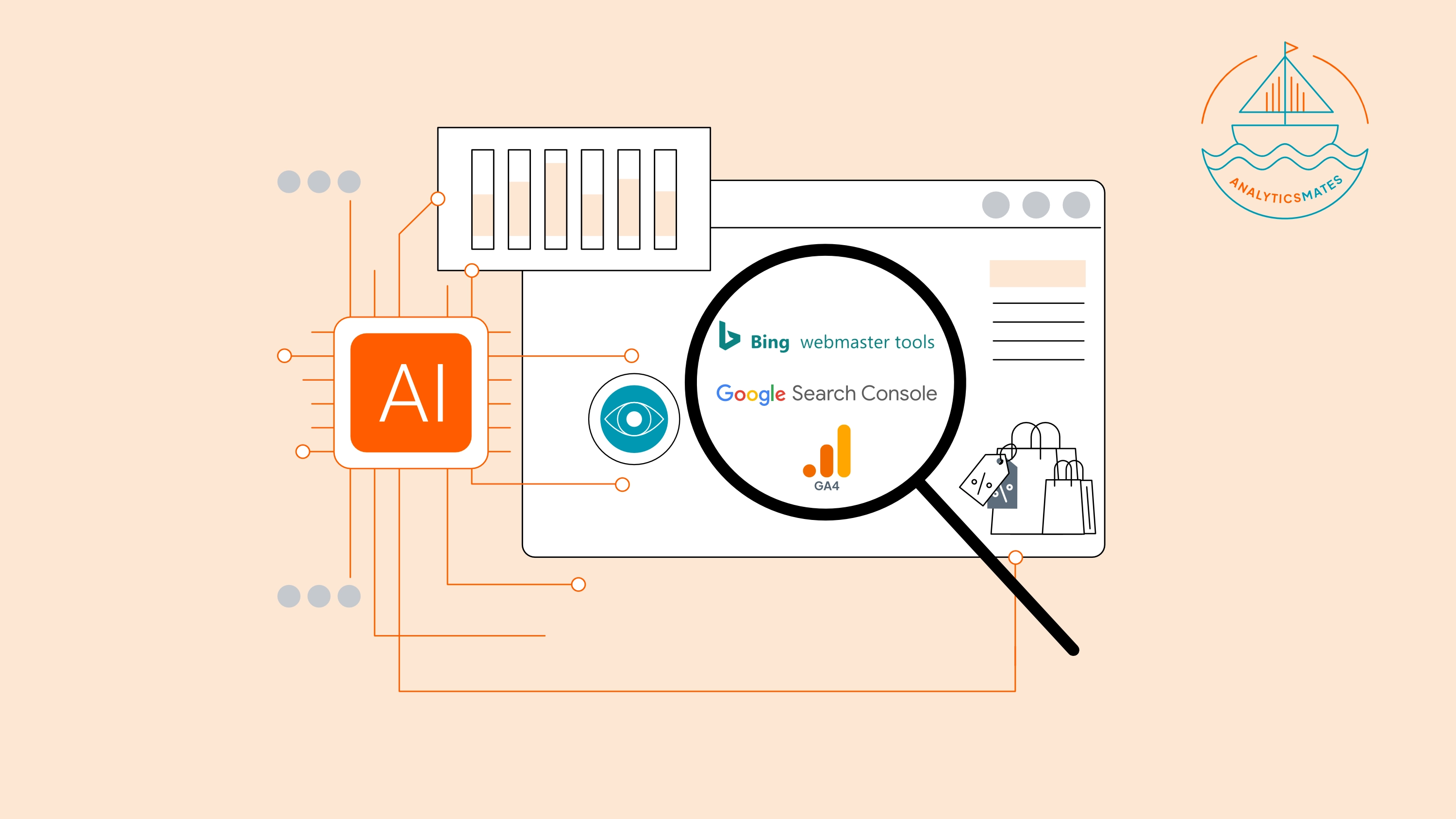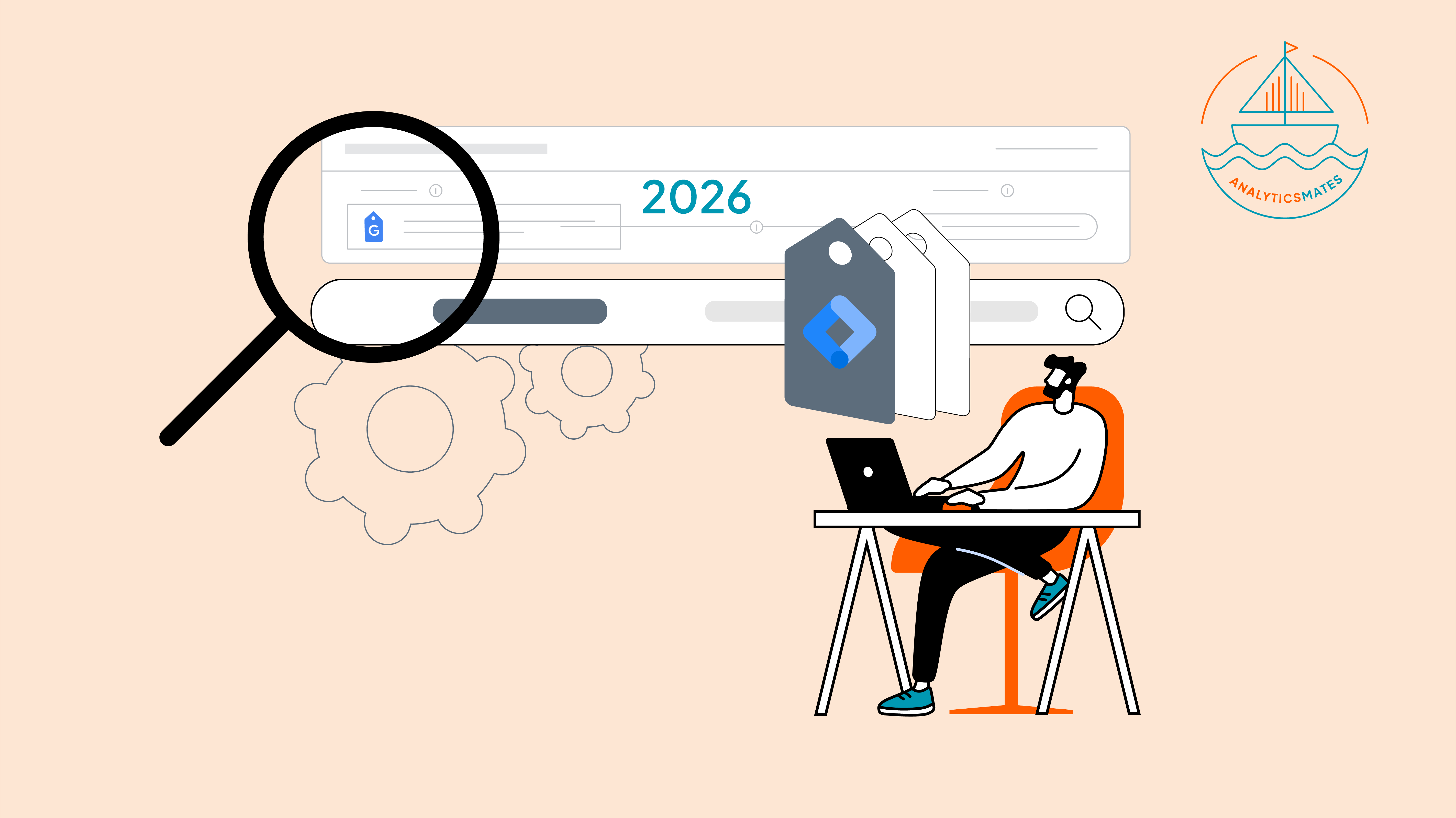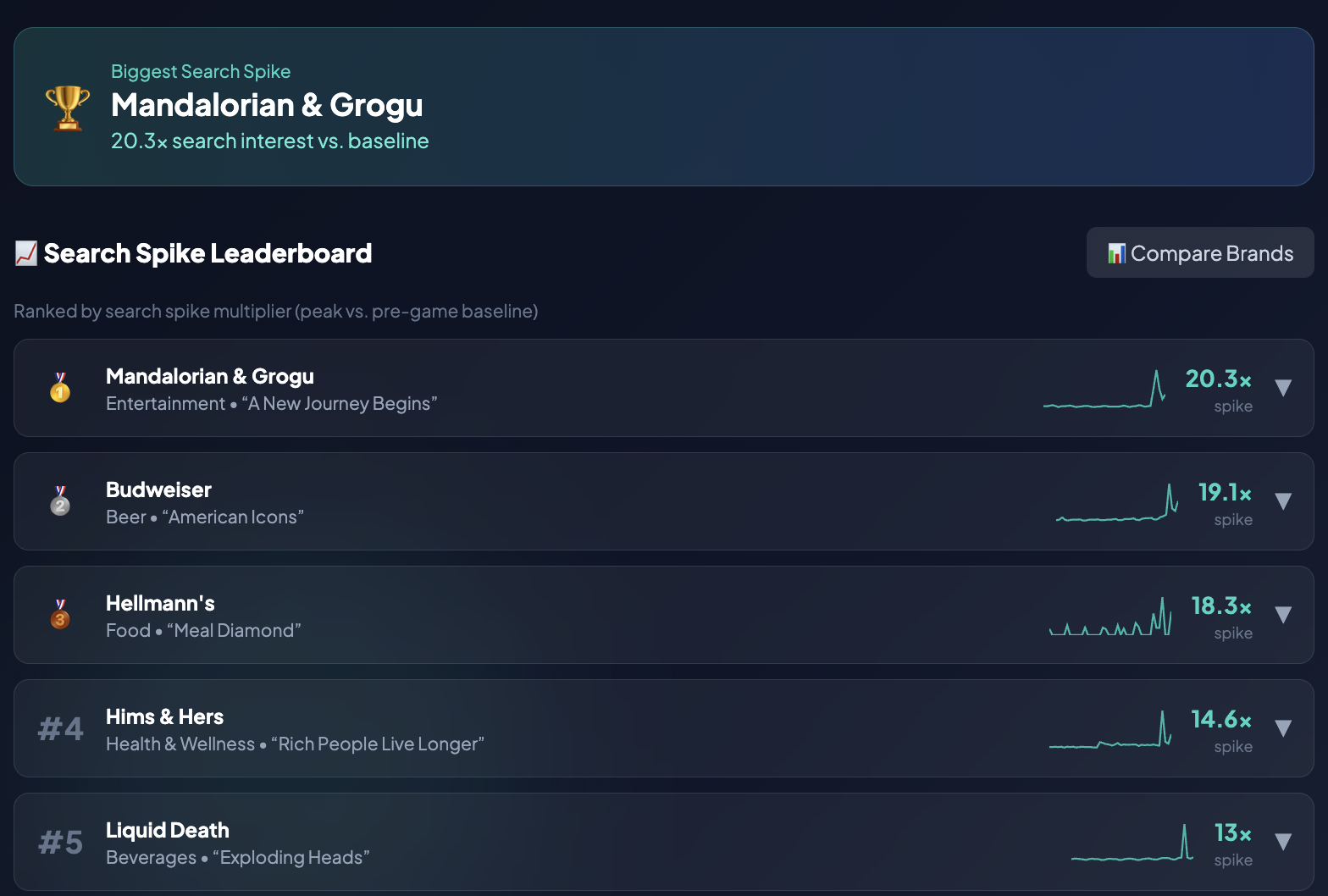Google recently announced that, over the next two weeks, they will be making changes to the Google Analytics 4 (GA4) platform. These updates will enhance GA4's ability to track and attribute conversions, particularly in paid search campaigns. This update is especially beneficial for Single-Page Application (SPA) sites, which often face challenges with accurate conversion tracking (Check out Negar Pourjavad's LinkedIn post regarding clear and concise explanation of SPAs).
Google also advises all users to review and adjust their budget limits before these updates take effect to ensure that marketing budgets are spent wisely and effectively. In this blog post, we'll explain what these updates mean for you, how they can impact your campaigns, and the steps you should take to prepare. Read on to learn how to maximize these changes and keep your marketing efforts on track.
The Problem
Previously, there was an issue with how some websites, particularly single-page applications (SPAs), tracked conversions from paid search campaigns. These conversions were sometimes mistakenly attributed to organic search traffic instead. This meant that paid search campaigns weren't getting the credit they deserved, potentially leading to:
- Businesses might have seen lower conversion numbers for their paid ads than reality, leading them to believe their campaigns weren't performing well. This could result in decreased investment in paid search, even though it might be a valuable customer acquisition channel.
- Budgets for paid search campaigns might have been based on incomplete data, making it difficult to allocate resources effectively.
The Update
- This update focuses on ensuring the GCLID parameter, a unique identifier assigned to each paid search click, persists across all page views within a user's session. This way, even if a user navigates through a single-page application, the system can still recognize them as coming from a paid ad and attribute any conversions they make to the correct campaign.
Advantages of the Update:
- More Accurate Data: Businesses will have a clearer picture of how their paid search campaigns are performing, leading to better decision-making.
- Optimized Budgeting: With a more accurate understanding of paid search conversions, companies can allocate their advertising budget more effectively.
- Improved ROI Measurement: By correctly attributing conversions, businesses can calculate the true return on investment (ROI) for their paid search campaigns.
Disadvantages (Potential Short-Term Issues):
- Shifting Numbers: Since the update is correcting past misattribution, there might be a temporary shift in how conversions are reported. Organic search numbers might decrease, while paid search conversions could show an increase.
- Budget Adjustments: This shift in reported conversions might require businesses to review and potentially adjust their paid search campaign budgets to avoid exceeding planned spending.
Overall, this update is a positive step towards more accurate tracking of paid search conversions. It will empower businesses to make data-driven decisions and optimize their advertising efforts.
We need to take action
Here's why Google advises checking and potentially adjusting your budget limits before the update:
- Since more conversions will likely be attributed to paid search, the overall cost for Paid Search channel might appear higher after the update. This doesn't necessarily mean your campaigns are performing worse; it just reflects a more accurate picture.
- If your budget limits are set based on historical data with under-reported paid search conversions, you might exceed your budget unintentionally after the update assigns credit correctly. Let me further explain why exceeding your budget unintentionally might happen after the GA4 update:
Scenario:
- Imagine you've been running paid search campaigns for a while.
- Due to the attribution issue in GA4, some conversions originating from your paid search ads were mistakenly credited to organic search.
- Based on this historical data (with under-reported paid search conversions), you set a specific budget limit for your paid search campaigns.
The Update and its Impact:
- Now, Google Analytics 4 is being updated to fix the attribution problem.
- This means those conversions that were previously wrongly attributed to organic search will now be correctly credited to your paid search campaigns.
Potential Budget Overshoot:
- Since more conversions will be rightfully attributed to paid search, the total cost associated with this channel will likely appear higher in your reports.
- This doesn't necessarily mean your campaigns are performing worse; it just reflects a more accurate picture.
The Risk of Exceeding Budget:
- The problem arises if your budget limit was set based on the under-reported historical data.
- With the update assigning credit correctly, the actual cost of your paid search campaigns might be higher than what your budget limit anticipated.
- This could lead to unintentionally exceeding your budget and potentially disrupting your campaigns.
For example:
- Let's say, based on historical data, you believed your paid search campaigns were generating 100 conversions per month with a cost of $1 per conversion, leading to a total cost of $100.
- Due to under-reporting, this might have actually been 120 conversions at $1 each, but 20 were mistakenly attributed to organic search.
- Your budget limit might have been set for $100 expecting 100 conversions.
- After the update assigns credit correctly, you'll see the actual 120 conversions for paid search, potentially exceeding your $100 budget limit.
The takeaway: By checking and potentially adjusting your budget limits before the update, you can account for the expected increase in attributed conversions and avoid unintentional budget overruns.
What to Do
- Review Historical Data: Analyze your past paid search performance data, keeping in mind that it might have underestimated actual conversions.
- Estimate Conversion Increase: Based on your understanding of the misattribution issue, try to estimate the potential increase in paid search conversions after the update.
- Adjust Budget Limits (if needed): Considering the estimated increase in conversions, assess if your current budget limits are sufficient for the new reality. You might need to increase them to avoid campaign disruptions.
By being proactive and adjusting your budget limits, you can ensure your paid search campaigns continue to run smoothly after the update takes effect.
FAQs
How will the GA4 update affect my paid search conversion reporting?
A: The update ensures that the GCLID, Google’s paid search click identifier persists across all page views, even on SPA websites. This means conversions that were previously misattributed to organic search will now be correctly credited to paid search. As a result, you may see an increase in reported paid conversions and a decrease in organic conversions.
Do I really need to adjust my paid search budget before the update?
A: Yes. Since GA4 will now report paid search conversions more accurately, your paid search performance may appear stronger than before. If your budget was set using previously under-reported conversion data, you could unintentionally exceed your budget once GA4 attributes conversions correctly. Reviewing and adjusting your limits now prevents overspending and keeps campaigns running smoothly.
Will this GA4 update impact my overall website performance metrics?
A: Indirectly, yes. Your traffic numbers won’t change, but your attribution will. You may notice shifts in your conversion mix—organic conversions may decline, while paid search conversions rise. This doesn’t indicate a performance drop; it reflects a more accurate understanding of which channels are driving results.
Final Word
This update is crucial and it’s like putting on the right glasses – you'll see the world (and your campaign performance) much clearer. We’d put this together to be able to help marketers and users out there to review their historical data, monitor their conversion increase, and potentially adjust their budget limits. So, embrace the update, take action, and watch your campaigns thrive!
Thank you for reading!
We're always looking for ways to improve our Google Analytics 4 blog content. Please share your feedback so we can make it even better.
See Article Images
















